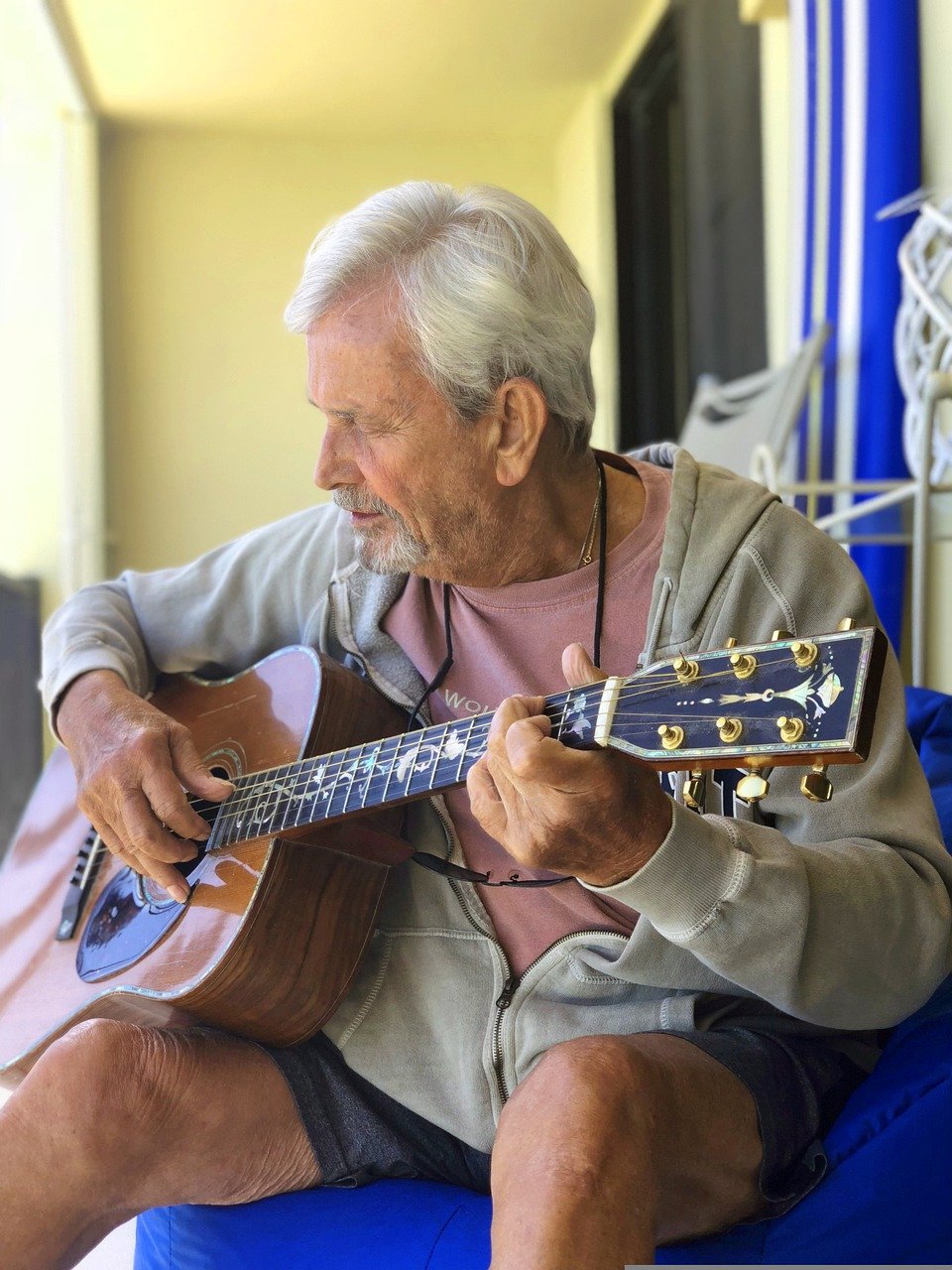In recent times, I have found myself fascinated with ageing and the process of ageing. I am particularly interested in the determinants of longevity and the psychology of older people, that is, what makes them live long and what goes on in their mind as they get older. When they look back on their lives, what makes them happy and what do they regret?

I have picked up the new habit of interviewing any elderly person I meet, usually in their 80s and 90s, on the ‘secret’ of their longevity. That question is an icebreaker. Once it is popped, the smile that lights up their faces is charming.

It is striking how similar their answers are. I threw the question at a 93-year old man a few days ago. Without hesitating for a second, he blurted out ‘my wife’!. He went on to explain that having good relationships and keeping good friends was the secret to his longevity and told me how he had met good people in his life. It didn’t matter that he was lying in a hospital bed, but he seemed so proud to have lived. I envied him.
His response closely mirrors the findings of the Harvard Study of Adult Development which I had written about earlier. The 80+ year-long study concluded that quality relationships were the most important determinants of longevity. In his book, Aging-Well, George Valliant (a former director of the study) delves into the individual lives of the study participants and it easily discernible what made one live long, and what made another die earlier. Money/wealth, played a little role.

He explains two types of older people; those that enjoy being old (he calls them ‘the happy-well’) and those that detest being old (‘the sad-sick’). A spectrum exists between the two groups. Notably, happy-well does not necessarily mean the absence of sickness. According to him, you could be ill without being sick. I agree with that.
In my profession, it is very common to see patients in their 80s and 90s with a host of medical problems; stroke, hypertension, diabetes, asthma, and cancer all in one person, yet bubbling with life and infecting others with their laughter and charm. Similarly there are younger people who attend with fewer or no medical problems but make mountains out of mole hills of the slightest discomfort.
I had a chat with a relation earlier this year and he lamented on how his life was wretched because he was always in so much pain that he couldn’t sleep at night. He explained how he felt things crawling around his body and so many other non-specific symptoms. After carefully assessing him, I found he had signs of arthritis in his shoulders (he had worked his joints a lot with farming and construction when he was younger). Diclofenac gel was the only solution to his problems and he felt fine afterwards. I was convinced most of our problems are just in our heads, they are not real.

The psychology of successful aging lies in feeling fulfilled in old age. Very often, I hear older people who attend the hospital say, ‘O I have had a good life’. I think that sense of fulfillment at the evening of our lives is the essence of all our struggles as youths. It will be a shame be frustrated as older adults after all the hustle and bustle of our youth.
To conclude, I have decided to keep a diary of my interviews with older adults. Just two questions; what is the secret to living this long, and how long have you been married? I will target those 80 and above and publish my findings when I hit 100 people. My new pastime.


Very thought provoking read. I do agree that who we choose to go on this life journey with us greatly impacts on our experience of life. As we would always have bumps on the road with our health , work, family etc and its these “companions ” we choose to keep who could help with getting back on the “road” after hitting bumps. My take home message is to let go of life companions who ain’t of use.
This is a timeless piece! I look forward to be reading your detailed findings on the subject in the near future!